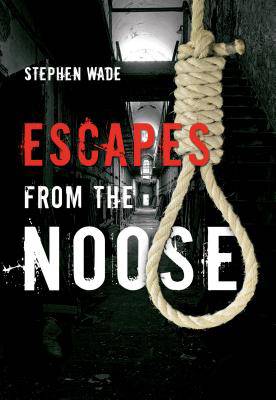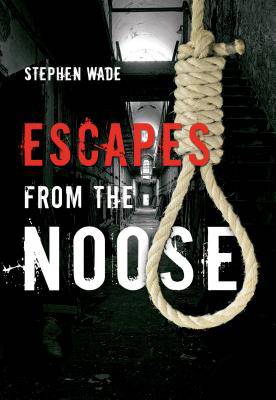
En raison d'une grêve chez bpost, votre commande pourrait être retardée. Vous avez besoin d’un livre rapidement ? Nos magasins vous accueillent à bras ouverts !
- Retrait gratuit dans votre magasin Club
- 7.000.000 titres dans notre catalogue
- Payer en toute sécurité
- Toujours un magasin près de chez vous
En raison de la grêve chez bpost, votre commande pourrait être retardée. Vous avez besoin d’un livre rapidement ? Nos magasins vous accueillent à bras ouverts !
- Retrait gratuit dans votre magasin Club
- 7.000.0000 titres dans notre catalogue
- Payer en toute sécurité
- Toujours un magasin près de chez vous
Description
Over the centuries of British history, from the Anglo-Saxons to the 1960s, our society imposed the death penalty for serious crime. In the Regency years, the number of capital offences increased to over 200. But by the side of retribution there was always clemency. What could save a felon from the noose? From earliest times, the condemned could look to the sovereign for a royal pardon. Then, in 1782, came the establishment of the Home Office and the Home Secretary could play a part in reprieving those awaiting death in the condemned cell. At meetings in London, lists of the condemned were discussed and verdicts condoned or quashed. Life hung in the balance. In Escapes from the Noose, Stephen Wade tells the story of the pardons, the reprieves, the performances of some brilliant barristers to save clients, and the thorny problem of insanity and diminished responsibility. The book gives an account of these legal subjects, and explains the drama and sensation of the court of criminal appeal, which, from 1907, gave a last chance for the condemned in a hearing before the top judges of the land. Here you will find the stories of attempts to assassinate Queen Victoria, Dr Whitmarsh the abortionist, early forensics dramas, the murderous widow of Windy Nook, the story of Mrs Maybrick who may have been married to Jack the Ripper and many more. The stories cover the bizarre and the tragic, from the reprieve of the legless man to the murder of Jeannie Donald, for which the trial ended in the Scottish verdict of 'not proven.'
Spécifications
Parties prenantes
- Auteur(s) :
- Editeur:
Contenu
- Nombre de pages :
- 128
- Langue:
- Anglais
Caractéristiques
- EAN:
- 9781848682320
- Date de parution :
- 15-05-10
- Format:
- Livre broché
- Format numérique:
- Trade paperback (VS)
- Dimensions :
- 167 mm x 235 mm
- Poids :
- 317 g

Les avis
Nous publions uniquement les avis qui respectent les conditions requises. Consultez nos conditions pour les avis.






